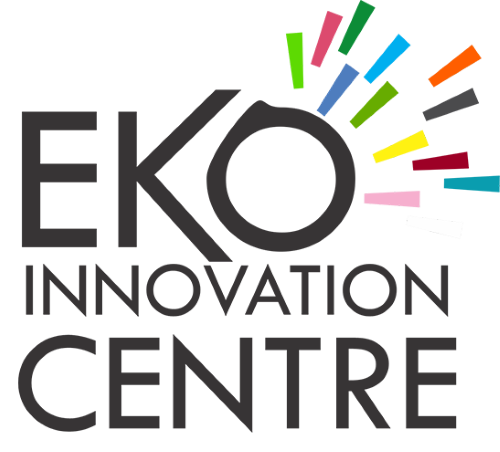Hackathons – intensive “innovation sprints” – are powerful for startups and corporations alike. They bring bright minds together to solve real problems, often leading to new product ideas or features. Tech giants credit many innovations to hackathons (e.g. Facebook’s “Like” button was a hackathon idea brightidea.com). The format has multiple benefits: it accelerates prototyping (teams can take an idea from concept to demo in days), boosts team morale, and even serves as a recruiting tool. For example, entrepreneur Dinesh Moorjani used 48-hour hackathons to vet job candidates, observing how they handled startup pressures in real time startupguide.hbs.edu.
Startups can engage with hackathons in various ways:
Participate to solve challenges: Join industry hackathons to prototype solutions for sponsored problems (e.g. FinTech or climate events). This exposes your startup to mentors and investors.
Organize your own mini-hackathons: Gather your team (and peers) for an internal hack to iterate on your roadmap. A focused weekend can unlock creative fixes for stubborn problems.
Recruit and network: Attend hackathons as a way to meet potential hires or co-founders. Tech events often attract enthusiastic developers and innovators.
Learn from EIC’s hackathons: Eko Innovation Centre runs themed events like MarkHack (A marketing & tech conference) and SecureHack (cybersecurity). These not only generate solutions but also foster connections across media, policy, and tech communities. Startup teams can gain fresh ideas from such cross-disciplinary gatherings.
Conclusion: Hackathons turbocharge innovation by compressing months of ideation into a weekend. Founders should both attend and host these events to discover new ideas, refine products, and expand their network. Eko Centre’s hackathon programs (MarkHack, Eko Climathon, SecureHack, AOT: Collaborate Lagos) are perfect examples of using challenges to generate prototypes and partnerships. Embrace hackathons as part of your growth toolkit – the next breakthrough for your startup might just emerge from a 48-hour code sprint.
